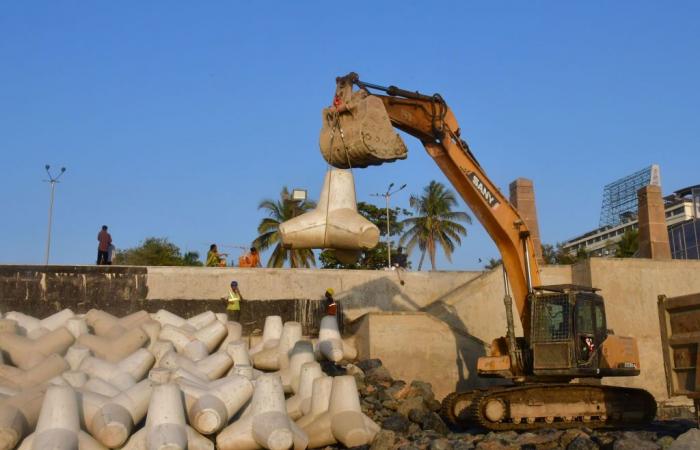The French Building Federation (FFB) estimates that 100,000 jobs could be destroyed if the housing support measures provided for in the finance bill for 2025 were not put in place.
A crisis even more marked than in 2024. During a press conference held on Tuesday, December 17, representatives of the French Building Federation (FFB) announced an anticipated drop of 6.6% in activity this year. This decline is mainly explained by the slowdown in new construction, largely impacted by inflation and the rise in interest rates recorded in recent years. According to the FFB’s first estimates, if the housing support measures provided for in the finance bill for 2025 – currently suspended following a government veto – are not implemented, the sector could lose 100,000 jobs next year, after the 30,000 cuts already recorded in 2024.
Despite maintaining high employment levels this year, the FFB warns that a lack of appropriate measures risks leading to a sharp deterioration in 2025. At the start of the year, the federation anticipated a loss of 150,000 jobs by 2025, a threshold which, according to her, could be exceeded in 2026. The president of the FFB also criticized the absence of concrete measures to revive investments in housing. He regrets the disappearance of these, included in the initial version of the 2025 finance bill.
Housing need
In 2024, new construction fell by 15.6%, a particularly marked decrease in housing (-21.9%). This decline was only marginally offset by a slight increase of 1.2% in renovation and maintenance activities. In 2025, the FFB forecasts a further contraction of 14.6% in new construction, including a decline of 14.2% in housing and 15% in non-residential. The improvement and maintenance of buildings should only increase by 0.9%, a figure considered disappointing given the energy renovation support measures put in place. Overall, the FFB estimates that construction activity could record a further decline of 5.6% in 2025.
This building crisis also impacts construction material suppliers. The National Union of Quarry Industries and Construction Materials (Unicem) reports, in its 2024 annual report, a fall of 12% in the volumes of ready-mixed concrete and a drop of 4% in the production of aggregates, reaching historically low levels. This situation contrasts with housing needs: experts estimate that 400,000 homes would need to be built per year by 2030 to alleviate the poor housing crisis in France. However, the current situation seems to push this objective even further away, leaving uncertainty surrounding the future of the sector.
Read also: MPs vote on the special law while waiting for the 2025 Budget






